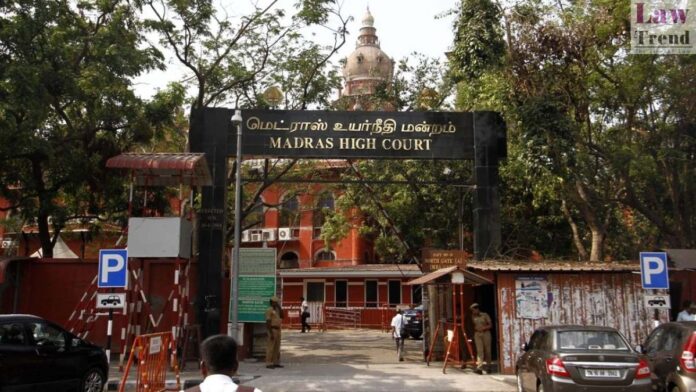In a significant development on Wednesday, the Madras High Court directed Chief Minister M.K. Stalin and several other DMK MLAs to submit their explanations in response to show cause notices for allegedly breaching parliamentary privileges. The notices were originally issued by the Privilege Committee of the Tamil Nadu Legislative Assembly in 2017, when these MLAs, as part of the opposition, displayed banned gutkha sachets in the assembly to highlight their availability during the AIADMK regime.
A division bench, consisting of Justices S.M. Subramaniam and C. Kumarappan, overturned a previous ruling by a single judge that had nullified these notices. The bench emphasized that the proceedings initiated by the Privilege Committee should follow due process under the Tamil Nadu Legislative Assembly Rules and reach a conclusive decision swiftly and lawfully.
The court clarified that the powers of the Committee of Privileges and the Speaker do not diminish with a change in government. It stressed that internal disciplinary matters within the assembly should be addressed based on their merits, adhering to established procedures, regardless of political shifts.
The bench also highlighted the broader implications of the case, stating that issues such as breaches of privilege are not nullified by the dissolution of the assembly, and must be resolved in subsequent sessions. This decision underscores the continuity and sovereignty of the legislative body, which represents the interests of the people of Tamil Nadu.
The ruling serves as a reminder of the responsibilities of assembly members to uphold the rules and privileges designed to ensure the orderly conduct of legislative affairs. It also emphasizes that breaches of privilege must be taken seriously to maintain the integrity and dignity of the assembly.
Also Read
The case is seen as a test of the assembly’s ability to self-regulate and enforce its rules, ensuring that all members adhere to the standards expected in a democratic institution.




